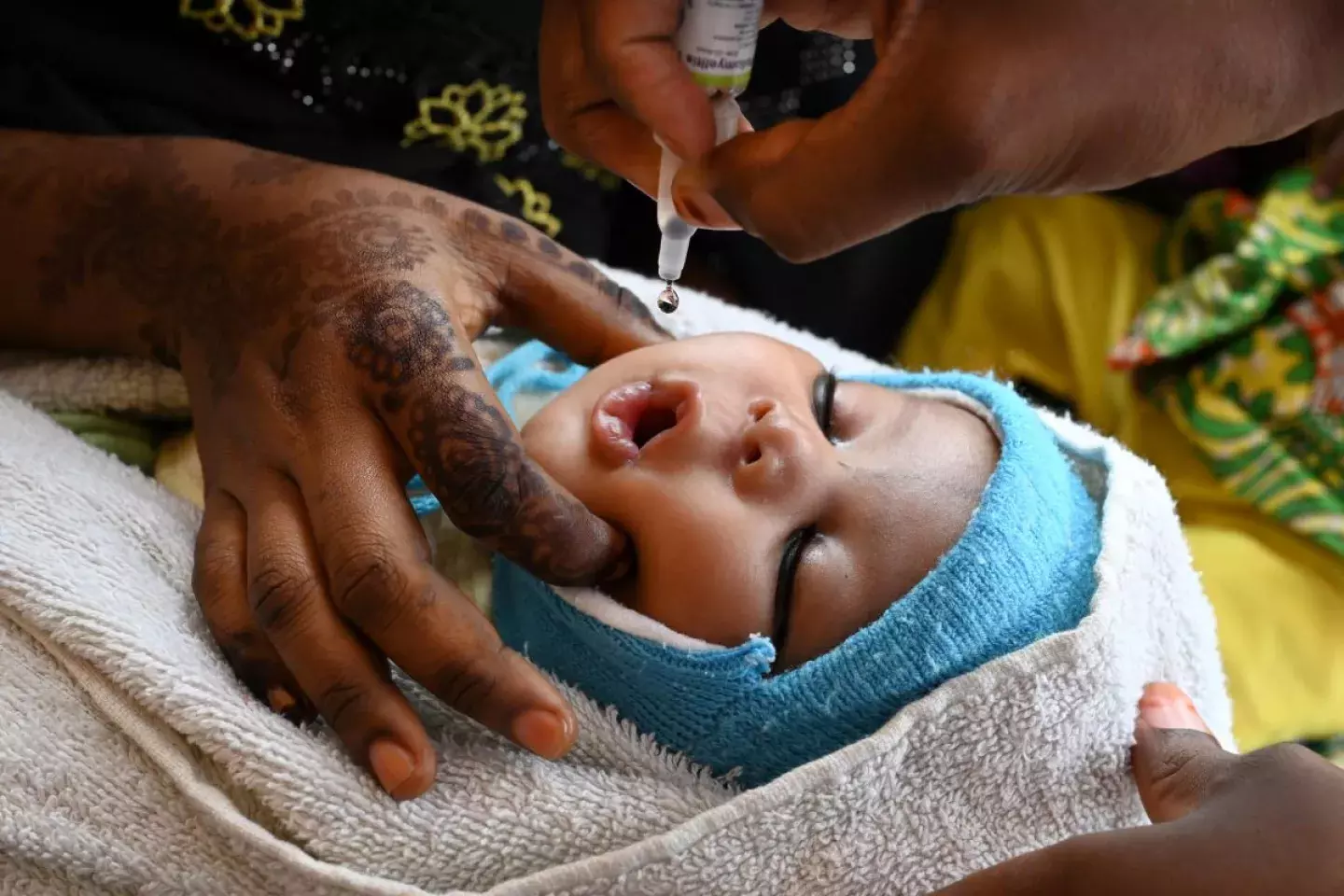World Polio Day awareness: United Against a Preventable Disease Through Vaccination

Visakhapatnam: On this World Polio Day, it's essential to recognize the persistent threat posed by poliomyelitis, especially in the wake of recent polio incident witnessed in Meghalaya, India. Polio, a highly infectious viral disease which spreads through faecal–oral transmission and primarily affects children under five, leading to irreversible paralysis and, in some cases, death. Despite decades of progress, the disease remains a global health risk, particularly for nations like India, which are polio free, however must remain vigilant to avoid resurgence.
Dr P Sateesh Kumar, Pediatrician, Neonatologist - Satya Child Clinic, Vizag remarks, “While polio may seem like a disease of the past, the threat is very real in today’s interconnected world. The Inactivated Polio Vaccine (IPV) remains the most effective tool we have to protect our children from its devastating effects.”
India’s success story—12 years of being polio-free—has been an extraordinary public health achievement, facilitated by massive immunization drives. According to WHO, in lieu of Polio eradication in India, around 1 billion doses of polio vaccine were administered annually to 172 million children over the course of four years leading up to the last case. Yet, recent incidents of polio resurfacing in parts of the world raise a crucial concern: India cannot afford to let its guard down.
Dr. Kumar emphasizes, “Polio-free status does not mean polio is eliminated everywhere. Global travel and migration increase the risk of reintroduction. Routine immunization starting at 6 weeks is vital to maintaining the immunity required.”
The Indian Academy of Paediatrics Advisory Committee on Vaccines and Immunization Practices (IAP ACVIP) stresses the need to strictly follow the recommended vaccination schedule. This includes a birth dose of oral polio vaccine (OPV), an inactivated polio vaccine (IPV) at 6, 10, and 14 weeks, followed by boosters at 16-18 months and again at 4-6 years. Adherence to this schedule is critical to maintaining individual and herd immunity.
Polio outbreaks in regions previously considered safe, along with vaccine-derived cases, serve as a stark reminder of how quickly the disease can return if vaccination rates decline. India, with its large population and high-density areas, faces a particular risk if the disease is reintroduced. Therefore, ensuring that every child receives the polio vaccine is not just a personal health responsibility but a national priority.
Dr. Kumar adds, “India’s massive immunization efforts have been extraordinary, but we cannot let our guard down. As seen in countries with recent outbreaks, a lapse in vigilance can bring this disease back with dangerous consequences.”
On World Polio Day, the message is clear: vaccination is the key to preventing a resurgence. By maintaining high immunization rates and supporting public health initiatives, India can continue its fight against polio and protect future generations from this preventable disease. The global goal is within reach, but only if every nation—including India—remains steadfast in its commitment to eradicating polio once and for all.

